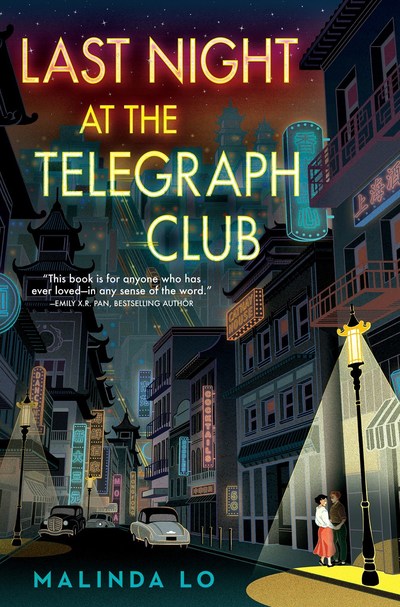Freya Lyell is apprehensive about attending a wedding on the grounds of Byrne Hall; her sister Stella’s body was found not far away, and that loss still stings five years later. But when she sees a painting hanging in the main house that surely must be of Stella, her curiosity takes over. She returns to Byrne Hall alone and is rapidly absorbed into the world of Cory Byrne, his ailing mother, Diana, and the house itself, which is eerily attuned to its occupants.
The Whispering House is a gothic mystery whose ethereal tone and atmospheric detail allow it to step lightly between heavy revelations. Author Elizabeth Brooks (The Orphan of Salt Winds) establishes early on that Freya is still submerged in grief and guilt over her sister’s presumed suicide, despite the fact that many of her memories of Stella are of an impulsive young woman whose demands for attention tended to eclipse the rest of the family altogether.
Amid this grief, Freya’s numb quality makes her passive involvement with Cory, and her half-formed ideas of what their life together might be, poignant as well as also a great source of tension for the reader as more information about the house and its history come to light. It’s an odd feeling, being happy for Freya while also internally screaming for her to get out while she can.
As the story unfolds from varied points of view and different time periods, Diana’s role shifts from one at the fringes to something more central and frightening. She’s a matriarch to be reckoned with, to put it mildly. Peripheral characters—Freya’s father, a woman she meets while swimming, a man she loves but thinks she lost to Stella—are well rounded and figure into the plot in intricate ways.
Brooks’ gentle, depressive pace allows The Whispering House’s revelations to be truly shocking—the fallout from a missed phone call can feel as though the world hangs in the balance.


















